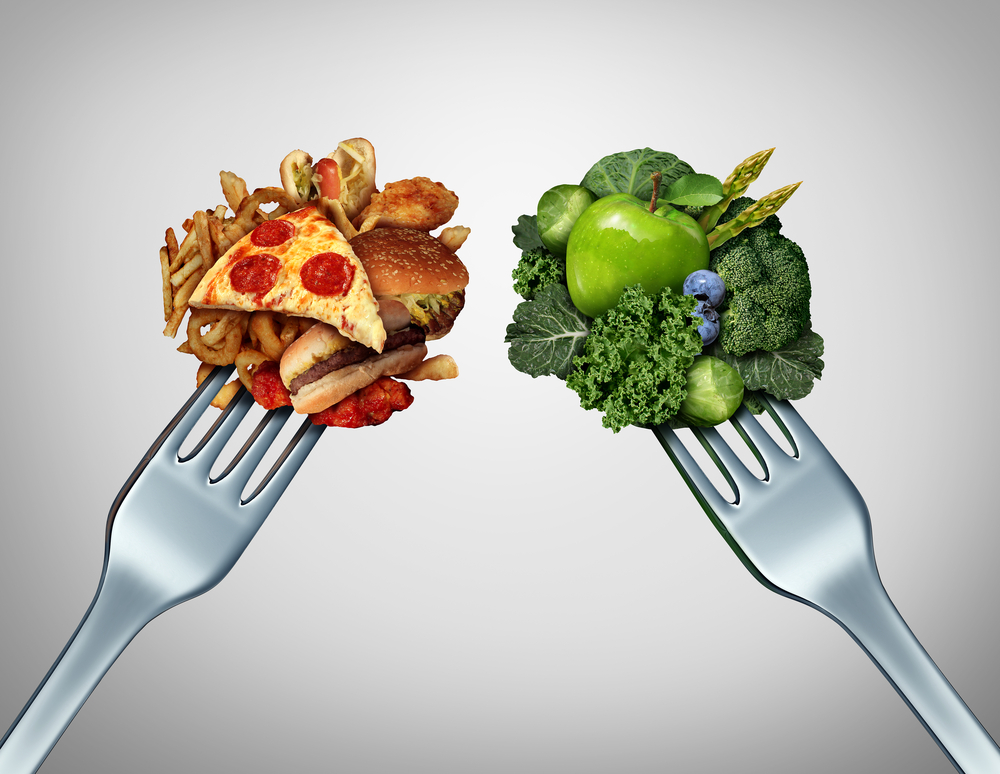Dissecting the urge to eat, and how to gain control
Written by Caitlin Schille
What are you craving right now? A sugary treat or a savory snack, perhaps? Cravings often lead us to make less-than-optimal diet choices, so let’s take a closer look at what your cravings mean.
A popular message in the current world of dieting is that cravings reflect a nutritional deficiency of certain vitamins or minerals–saying, for instance, that if you’re craving orange juice, it could mean you are deficient in Vitamin C. While this would be a convenient idea, there’s actually no truth to its claims.
“If cravings were an indicator of nutritional deficiency, we’d all crave fruits and vegetables,” says Karen Ansel, MS, a registered dietician. “The fact that we all want high-carb, high-fat comfort foods, along with the research, is a pretty good indicator that cravings aren’t related to deficiencies.”
So if cravings aren’t related to nutritional deficiencies, what do they mean?
Jane Jakubczak, a registered dietician at the student health center of the University of Maryland, theorizes that certain cravings can be linked back to emotions. Many people don’t just eat to satisfy physical hunger; they eat to alleviate stress, boredom, and feelings of sadness, loneliness, or depression as well. Jakubczak estimates that around 75% of over-indulging in cravings is due to emotional eating.
So if emotions are often the culprits of our cravings, what can we do to combat them? Here are five tips to overcome a craving for an unhealthy food:
- Don’t go too long without eating. When you let yourself get too hungry, it’s easier to eat too much too quickly to compensate.
- Write down your cravings, and write down the feelings associated with them. When you can recognize that your cravings come from negative emotions, you can better avoid giving into the craving.
- Take care of your emotions. If you notice that you tend to crave salty, sugary foods when you’re stressed, then address your stress with various stress management techniques.
- Figure out substitutes. If you’re craving something salty, have a few cashews instead of a bag of potato chips. If you’re craving something sweet, have a small cup of chocolate milk instead of a slice of cake.
- Identify the difference between cravings and hunger. If you’re craving certain foods but you’re not really hungry, distract yourself from the craving. Go for a walk, grab a book, watch an episode of your favorite show, finish up a project at work, or put on some music.




No Comment